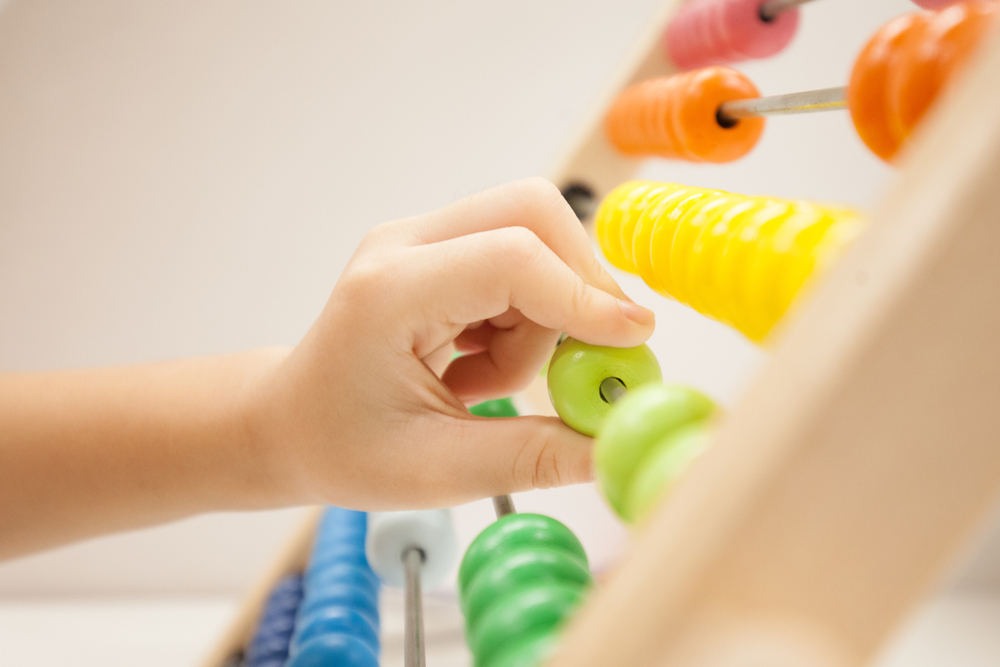The Role of Sensory Play in Cognitive Development

Sensory play is a vital component of early childhood development that plays a crucial role in cognitive growth and learning. Engaging in sensory play activities allows children to explore their environment, stimulate their senses, and make sense of the world around them. In this blog post, we will delve into the importance of sensory play in cognitive development, specifically in the context of Greenwood, and how it impacts children’s learning and overall well-being.
Sensory Play Benefits Greenwood
Greenwood is a vibrant community with a strong focus on education and child development. Sensory play is a perfect fit for Greenwood as it aligns with the community’s values of nurturing children’s growth and creativity. By incorporating sensory play activities into early childhood programs and at-home play, Greenwood parents and educators can support children’s cognitive development in a fun and engaging way.
Cognitive Development in Early Childhood Greenwood
Cognitive development refers to the growth of a child’s thinking, reasoning, problem-solving, and understanding of the world. Sensory play plays a crucial role in stimulating cognitive development by engaging children’s senses and encouraging them to explore, experiment, and learn through hands-on experiences. In Greenwood, early childhood educators recognize the importance of incorporating sensory play into curriculum and activities to help children develop essential cognitive skills.
The Importance of Sensory Play in Cognitive Development
Enhances Brain Development: Sensory play stimulates multiple areas of the brain, including those responsible for processing sensory information, problem-solving, and creativity. By engaging in sensory play activities, children can strengthen neural connections and enhance brain development, which is vital for cognitive growth.
Promotes Fine Motor Skills: Many sensory play activities involve manipulating materials such as sand, water, playdough, and sensory bins. These hands-on experiences help children develop fine motor skills, hand-eye coordination, and dexterity. By engaging in activities that require grasping, squeezing, pouring, and scooping, children can refine their motor skills and enhance their cognitive abilities.
Encourages Problem-Solving: Sensory play often involves open-ended materials that allow children to experiment, explore, and problem-solve. Whether they are building with blocks, creating patterns with sensory beads, or mixing colors with paint, children are actively engaging their problem-solving skills and critical thinking abilities. Through sensory play, children learn to adapt, innovate, and find solutions to challenges, which are essential cognitive skills.
Supports Language Development: Sensory play provides rich opportunities for language development as children engage in conversations, describe their sensory experiences, and interact with peers and adults. By engaging in sensory play activities, children can expand their vocabulary, enhance their communication skills, and develop language fluency. Through sensory play, children learn to express their thoughts, feelings, and ideas, which are essential for cognitive and social-emotional development.
Fosters Creativity and Imagination: Sensory play ignites children’s creativity and imagination by providing them with open-ended materials and opportunities for self-expression. Whether they are role-playing in a sensory kitchen, creating a sensory art project, or building with blocks, children can unleash their creativity and explore their imagination through sensory play. By engaging in creative and imaginative play, children develop critical thinking skills, problem-solving abilities, and cognitive flexibility.
Summary
Sensory play plays a significant role in cognitive development by stimulating children’s senses, promoting brain development, enhancing fine motor skills, encouraging problem-solving, supporting language development, and fostering creativity and imagination. In Greenwood, parents and educators can incorporate sensory play activities into early childhood programs to help children develop essential cognitive skills and thrive in their learning journey. By recognizing the importance of sensory play in cognitive development, Greenwood can support children’s growth, learning, and overall well-being.
Need a Child Educational Center in Greenwood, IN?
If you’re looking for additional art activities or professional guidance in incorporating art into your children’s lives, consider reaching out to us here at Kids Kingdom Early Learning Center. We provide a wide range of resources, ideas, and workshops to inspire and support creative expression in children. Let us help you create unforgettable artistic experiences! Contact us today to learn more!

